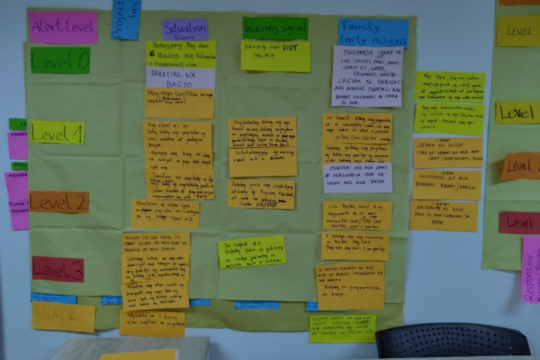Bangladesh is a low-lying deltaic country in South Asia prone to disasters. Each year, the country’s 170 million inhabitants contend with floods, flash floods, cyclones, tidal surges, fire breaks, landslides, and the persistent risk of earthquakes. Climate change presents a new challenge, and increased intensity of natural hazards heighten the risks faced by communities across Bangladesh.
Historically, Bangladesh has endured catastrophic events that have profoundly shaped its resilience strategies. The 1970 Bhola cyclone (claiming an estimated 500,000 lives) and 1991 cyclone “GORKY” (138,866 lives lost), stands as a grim reminder of the nation’s vulnerability. Bangladesh has made significant progress in disaster preparedness and response measures in recent years despite numerous hazards and vulnerability in the country. As a result, the mortality rate from two devastating cyclone events like Cyclone SIDR in 2007 and the more recent Cyclone Remal in May 2024 had reduced casualties. However, the loss of assets, and the number of disaster-affected areas and people are increasing gradually.
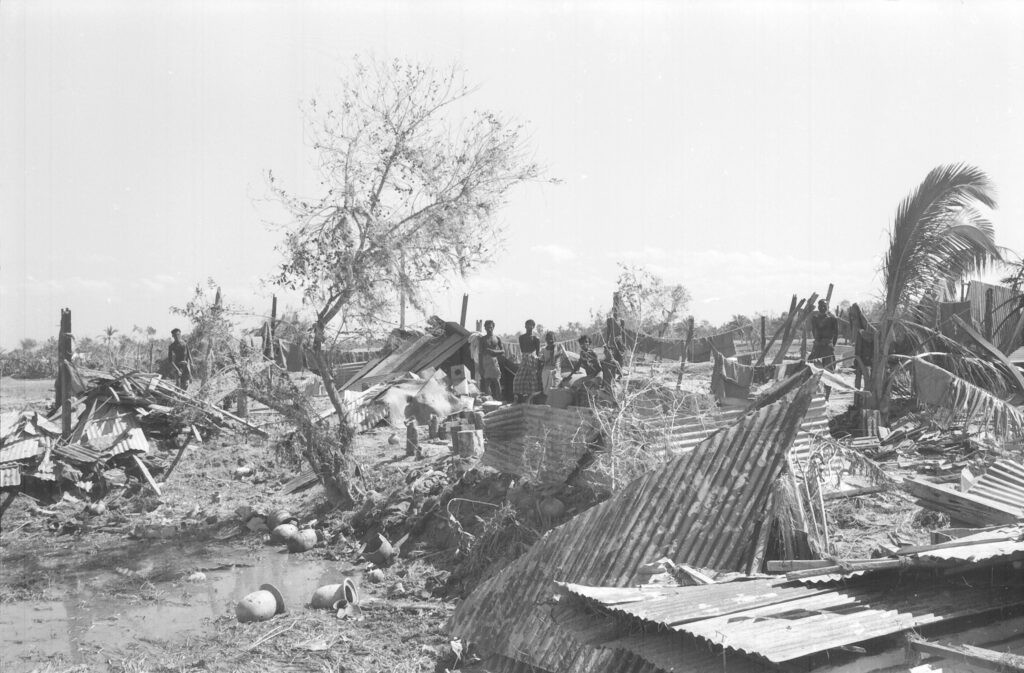
In response, Bangladesh has embraced a comprehensive approach to disaster risk reduction and management anchored by national management and preparedness plan and policies. At the heart of Bangladesh’s disaster management strategy lies the Standing Orders on Disaster (SOD) 2019 which has emphasized collaborative efforts among a diverse array of stakeholders, including government bodies, NGOs, academic institutions, the private sector, and development partners. This collective approach is pivotal in fortifying disaster preparedness across the nation, aligning with global priorities set forth during the 2016 World Humanitarian Summit.
SOD 2019: A Strategic Blueprint
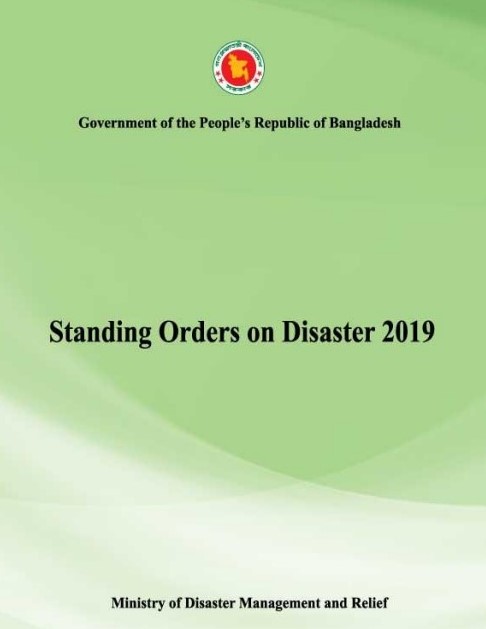
Standing Orders on Disaster (SOD) 2019 meticulously defines specific responsibilities and duties to be followed by all, which will play a pivotal role in creating a disaster-resilient country by bringing human life to a normal state within a short period following a disaster through establishing well-coordinated search-and-rescue operations, humanitarian assistance and rehabilitation work. This framework not only streamlines decision-making processes but also mandates the formulation of detailed action plans by each entity, ensuring a cohesive and effective response to disasters. By promoting proactive measures and accountability, SOD 2019 enhances the nation’s capability to mitigate diverse hazards, safeguarding lives and minimizing economic disruptions. A policy brief developed by ADPC on the Standing Orders on Disaster (SOD) 2019, summarizing its key aspects, is available at this link: https://app.adpc.net/resources/policy-brief-standing-orders-on-disaster-sod-2019-bangladesh/ which provides a bird’s eye view of this policy document.
Bangladesh Preparedness Partnership (BPP): A Collaborative Endeavor
The Bangladesh Preparedness Partnership (BPP), spearheaded by the Ministry of Disaster Management and Relief (MoDMR), receives technical guidance from the Asian Disaster Preparedness Center (ADPC) and financial backing from the Bill & Melinda Gates Foundation. This initiative has been working to accelerate effective implementation of policy frameworks such as the SOD. This initiative epitomizes a ‘Whole of Society’ approach, integrating governmental bodies, NGOs, CSOs, academia, and the private sector into a unified front against disaster risks. Operating from national to sub-national levels, particularly in high-risk districts like Kurigram, Bagerhat, and Bandarban, BPP facilitates enhancing capacity, sharing knowledge, and mobilizing direct access to resources for sustainable disaster risk reduction. Embracing inclusivity, BPP ensures no community is marginalized in disaster preparedness and response efforts, aligning closely with international frameworks such as the Sendai Framework and the SDGs.
The Imperative of Partnership and Whole-of-Society Approach for DRR
The synergy between SOD 2019 and BPP underscores the critical role of multi-stakeholder engagement in effective disaster management. While SOD provides the foundational framework, BPP operationalizes these strategies through collaborative governance and resource mobilization. By pooling expertise and leveraging diverse resources, this partnership not only enhances the efficiency of disaster response but also fosters long-term resilience beyond immediate crises.
Furthermore, BPP’s emphasis on continuous learning and adaptive management mirrors the principles enshrined in SOD 2019, ensuring that disaster management practices evolve in tandem with emerging challenges. By embedding resilience into institutional frameworks and community practices, both initiatives pave the way for Bangladesh to achieve its vision of a disaster-resilient nation.
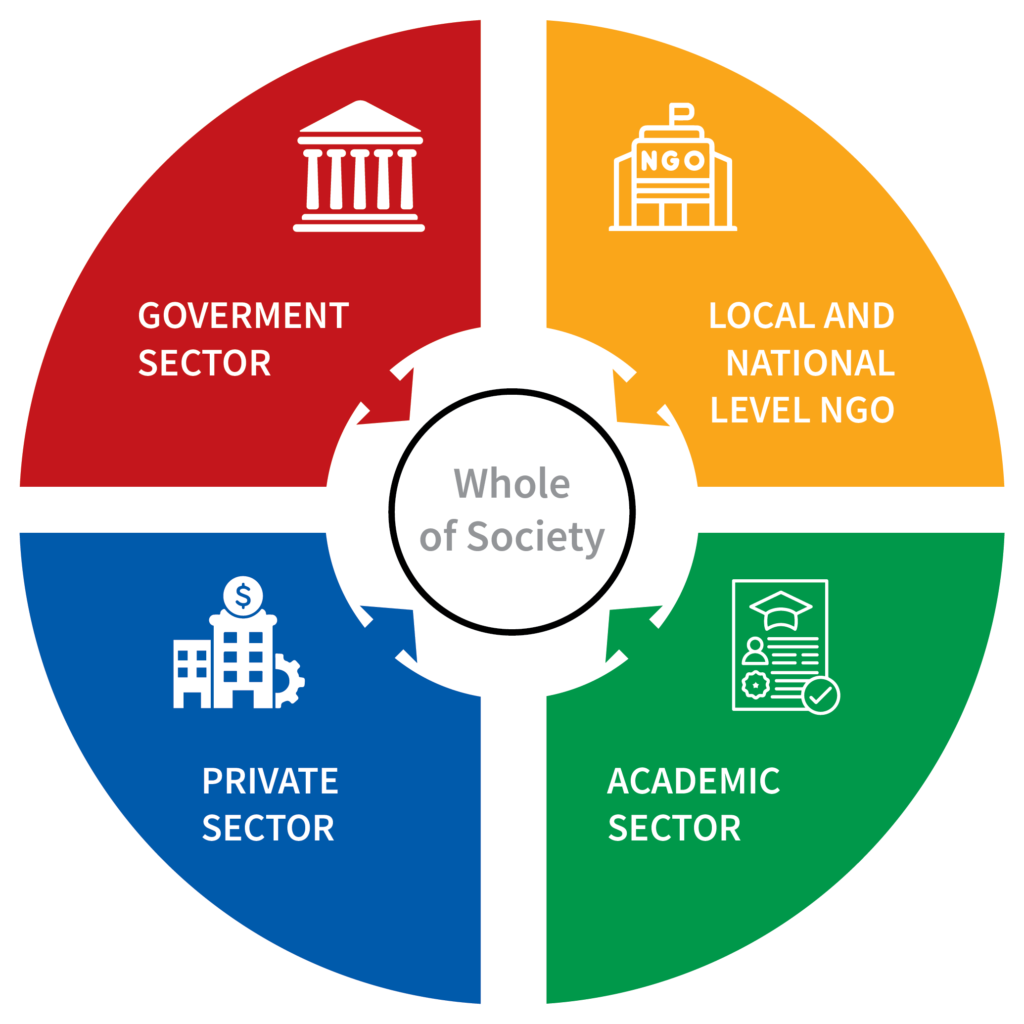
Evidences of effective SOD Implementation by BPP
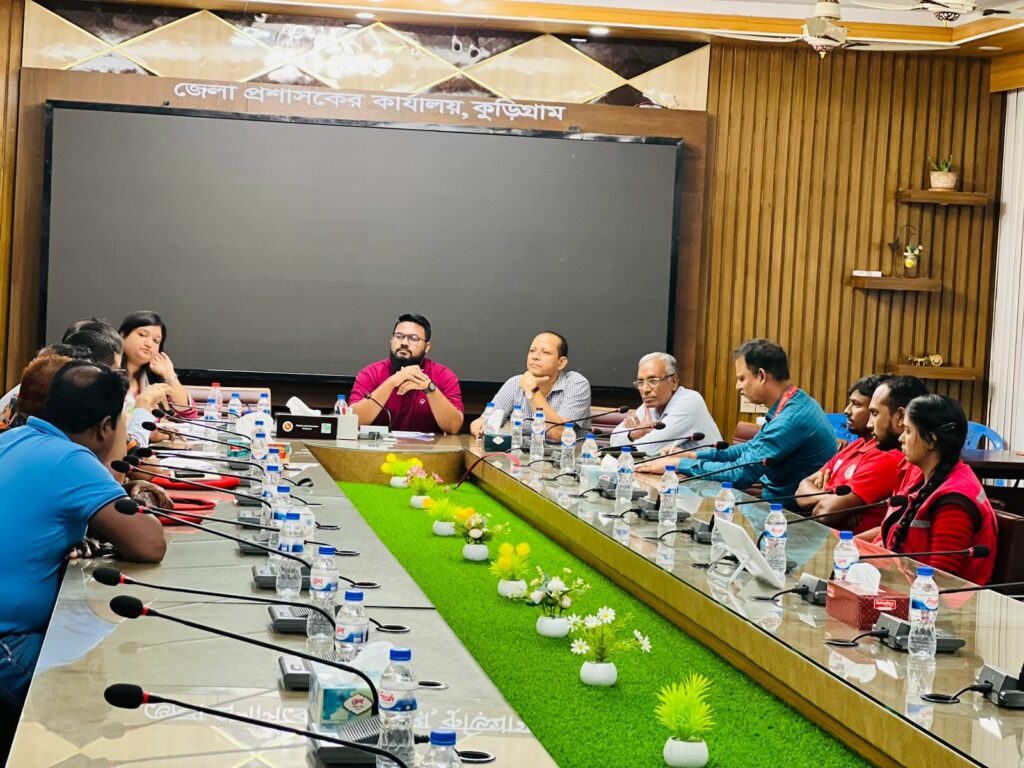
BPP is making significant strides in disaster management with the SOD implementation. A comprehensive roadmap guides the collaborative interventions at national and district levels for the short, medium, and long term. A comprehensive assessment, led by the Institute of Disaster Management and Vulnerable Studies (IDMVS) at the University of Dhaka, is concurrently underway. The assessment aims to identify the strengths and weaknesses of current systems, pinpoint priority areas for intervention, and develop targeted strategies for implementing the Standing Orders on Disaster Management (SOD) 2019. The Federation of Bangladesh Chambers of Commerce and Industry (FBCCI), the Private sector partner of BPP, is in process of establishing the Private Sector Emergency Response Team (PERT) to boost local disaster preparedness. Training initiatives are empowering Disaster Management Committees, municipalities, and community volunteers to effectively implement the SOD, while a focus on gender equality is ensuring that challenges faced by women are addressed to promote inclusivity and better disaster response.
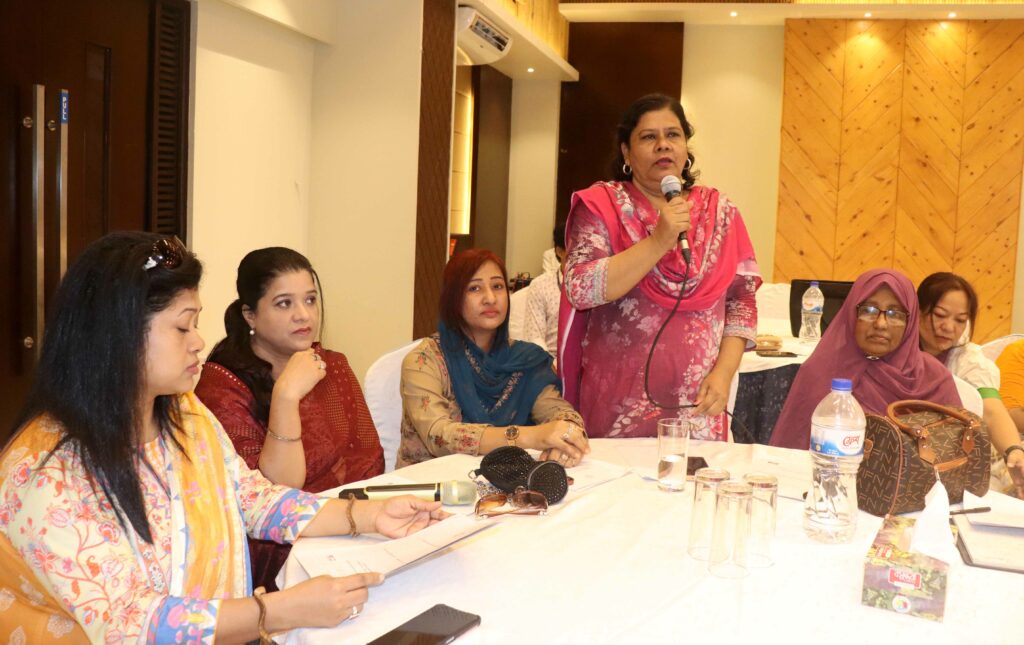
The integration of SOD 2019 and BPP exemplifies Bangladesh’s proactive stance towards disaster risk reduction. Through concerted efforts and collaborative partnerships, these frameworks not only mitigate the impact of disasters but also foster sustainable development and resilience across Bangladesh’s diverse landscape. As the nation continues its journey towards resilience, such partnerships remain indispensable in safeguarding lives, livelihoods, and the future of its communities.
